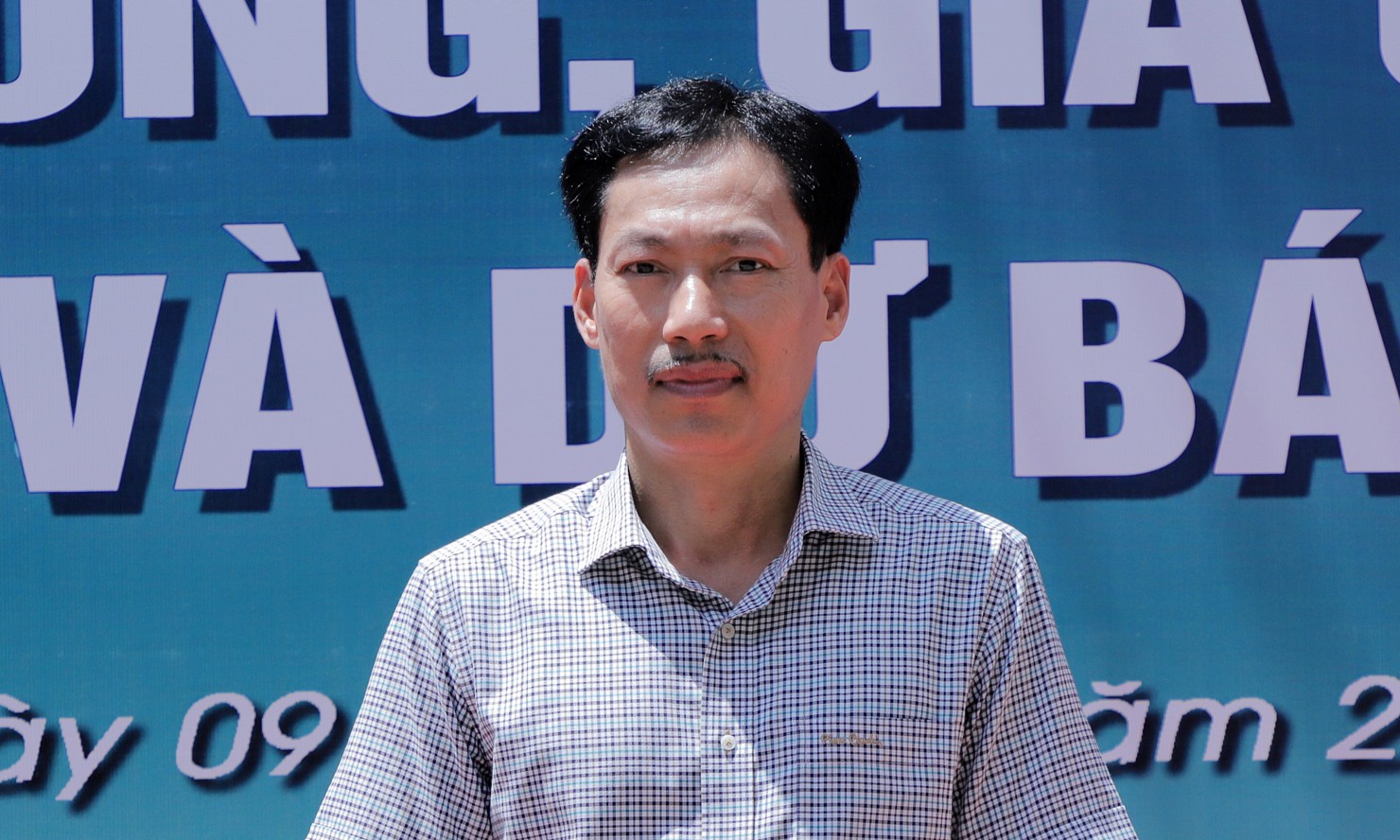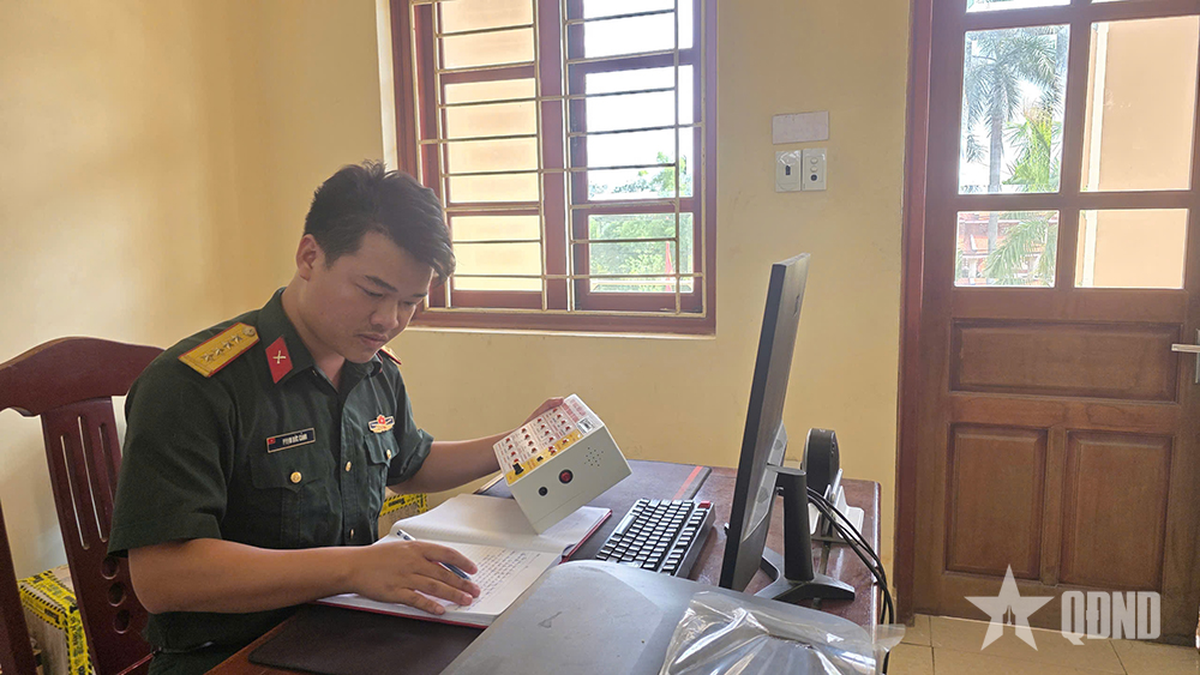
Reporter: Could you please tell us what benefits the use of personal identification codes instead of tax codes from July 1, 2025 will bring to tax management and the activities of people and businesses?
Assoc. Prof. Dr. Le Xuan Truong: Using personal identification codes instead of tax codes is an important step in the digital transformation process of the economy . When the management system becomes synchronized, unified and transparent, the whole society from state agencies to people and businesses will benefit.
In particular, when administrative and financial transactions only need to use a single code, which is the personal identification code, people do not have to declare information multiple times, significantly reducing time and paperwork. Comparing and verifying information between organizations and agencies is also easier, minimizing errors and risks in data processing. Thus, the dual benefit here is to reduce transaction time and increase accuracy and efficiency in management.
Reporter: Currently, there is a roadmap to adjust the family deduction level in personal income tax. So, in your opinion, how should we calculate so that this adjustment level is close to reality and not outdated?
Assoc. Prof. Dr. Le Xuan Truong: This is a very concerning issue. According to the current law (Personal Income Tax Law 2007, amended in 2012 and 2014), the adjustment of family deductions depends on fluctuations in the consumer price index (CPI) of 20% or more and is under the authority of the National Assembly Standing Committee. This makes the adjustment often untimely and does not fully reflect the people's living standards.
Therefore, I think that it is necessary to calculate the deduction level not only based on the Consumer Price Index (CPI) but also consider the growth rate of nominal gross domestic product (GDP), per capita income and the goal of improving living standards that the Party and State are aiming for. In addition, it is necessary to stipulate in the law that the authority to determine the annual family deduction level is assigned to the Government . This does not mean that it is adjusted every year, but if necessary, it can be implemented promptly to avoid falling behind the reality of life.
Reporter: With the tax and fiscal policies currently in place, how do you assess their impact on price movements and economic stability ?
Assoc. Prof. Dr. Le Xuan Truong: It is very clear that many current tax policies are having a direct and positive impact on the economy. For example, the policy of reducing value-added tax (VAT) from 10% to 8% according to Resolution No. 204/2025/QH, applied from May 1, 2025 to the end of 2026, has created conditions for consumers to shop more, businesses to increase output, thereby promoting domestic production and consumption.
Unlike before, this time we have determined the incentive period to be up to 1.5 years, creating a stable forecast for businesses and people. In addition, the revised tax laws such as the revised VAT Law No. 48 and the Corporate Income Tax Law No. 67 are also in the direction of simplicity, transparency, and reasonable incentives.
Specifically, small businesses with revenue under 3 billion VND/year will be subject to a tax rate of only 15%, and those with revenue from 3 to 50 billion VND will be subject to a tax rate of 17% instead of 20% as before. This will stimulate the private economic sector to develop more strongly.
Reporter: With such a series of tax exemption and reduction policies, do we still have enough fiscal space to continue supporting the economy in the context of strong growth pressure next year?
Assoc. Prof. Dr. Le Xuan Truong: There will certainly be pressure in budget management, but that has been carefully calculated. We are expanding the tax base, adding new tax payers, groups that have not been regulated before. This will ensure fairness and increase revenue.
In addition, the fight against tax losses is being promoted, helping to increase the efficiency of budget collection. Most importantly, current tax incentives are promoting economic growth, thereby creating a stable and sustainable source of revenue in the medium and long term. It can be said that we have a complete basis to implement fiscal support packages, while still keeping the budget balance under control.
Reporter: Thank you very much!
Source: https://baolaocai.vn/ma-dinh-danh-thay-ma-so-thue-buoc-ngoat-so-hoa-trong-quan-ly-thue-ca-nhan-post649519.html







































































































Comment (0)